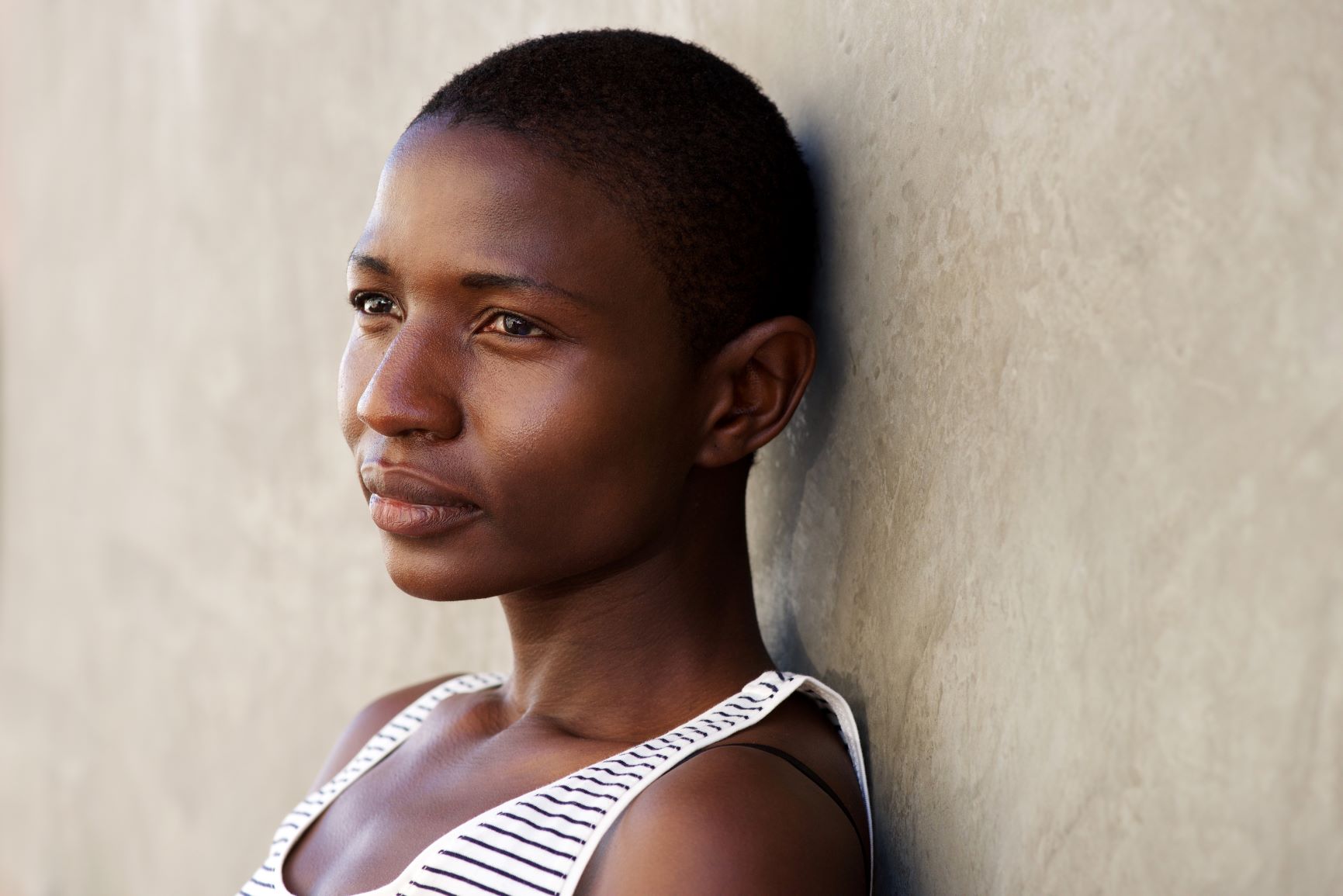“The most disrespected person in America is the Black woman. The most unprotected person in America is the Black woman. The most neglected person in America is the Black woman.” A quote by Malcolm X in 1962, which still holds relevance decades later. As Black women, we are given reason to wonder whether anything has changed. Our black skin fought for civil rights, and our gender fought for equality in a movement that overlooked us. Being a ‘strong Black woman’ is a persona that is forced down our throats, we are left without a voice and cannot speak up without being seen as weak. This enforced belief causes Black women to be disregarded in terms of healthcare, abuse, and many other injustices that should not be met with silence.
Research shows that there is an implicit bias in medicine in terms of how Black women feel pain. We are considered both resistant to pain because of our race, and overly hysterical about pain because of our gender. A 2016 study found that nearly half of first and second year medical students believed that Black people have thicker skin than white people, and that they experience less pain than white people as a result. What is particularly disturbing is that this appears to be a prominent issue in pregnancy. A harrowing example is 26-year-old Amber Rose Isaac, who passed away during childbirth when the doctors failed to realise she had a life-threatening pregnancy condition until it was too late. Amber Rose’s doctors were incapable of detecting symptoms that she was experiencing, and were unable listen and attend to her needs. When I read one of her last tweets, to say it has haunted me would be an understatement:

In light of this, it is understandable why many Black people do not have enough faith in the healthcare system – a belief that is supported by the failed treatments they receive. I suffered from anxiety the entire time my cousin was in labour. The possibility of her being unlucky enough to get an incompetent doctor, who had an incorrect perception of Black women, was a major source of stress. Conducting research is the start of devising solutions, yet the majority of research overlooks Black women. At the same time, Black women feel wary about participating in studies, as medicine has a tragic history of forced experiments on Black people. Even in the context of mental health, if I wanted to go to a therapist – something that has crossed my mind before – I always back down for the simple reason that I won’t find a therapist who looks like me. If I am specifically going through things to do with my race, it can be hard to comprehend unless you’re Black. Many would not agree with me, and may respond with something along the lines of “why can’t we all just be equal?” This Martin Luther King dream is one we all wish to achieve, but, as a society, we have a long way to go. The first step is listening to what we need as Black people, without telling us what we need.
A subject that is swept under the rug too much is the sexual assault of Black women, which is even more disheartening when the perpetrators are Black men. Keke Palmer spoke out for all of us when she openly accused famous singer Trey Songz of ‘sexual intimidation.’ In a radio interview, a male host tried to downplay the situation by asking her if it was a ‘misunderstanding’. I know many Black women empathised with Keke when she said, “So many times Black women say stuff and no one gives a s***. But somebody of another complexion, somebody of another colour, they say something and it’s like it’s time to get serious”. Keke went on to state that she would never want to tear a Black man down – an ideology that keeps many Black women silent. We are aware that the system is already against Black men, and we don’t want to play a part in that. This leads many women to put up with wrongdoings.
There have been numerous times, in education and now in the workplace, where I felt silenced. In my entire education before university, I was always that one Black girl – the one who everyone turns to look at when the topic of slavery is brought up. I still traumatically remember being in high school and having an argument with a white male. He strongly believed Black history month to be a racist month, and that we should have white history month too. I can’t make this up. Being the only Black student, it was my singular shaky and quiet voice that spoke up. The reaction I was met with was many eye rolls and smirks that said: ‘here we go, it’s another angry Black girl’. Because not only am I Black, I am also an emotional woman that wants to find something to complain about at least 6 times a day. I remember the anger and pain I felt was not because I was met with racism, but because it came from a white male – society’s ideal.
The Black Lives Matter movement is getting a lot of attention again, as it should. I’ve seen many people feel lost regarding the best way they can help without overstepping or coming across as ‘racist’. All I can stress is that now is the time to listen to Black people, and especially listen to Black women. Ask us what we need and want to feel safe, happy, and in a good place mentally. Black men need to step up and support Black women in the way we have supported them for years. The world needs to stop silencing Black women and let our voices be heard.







